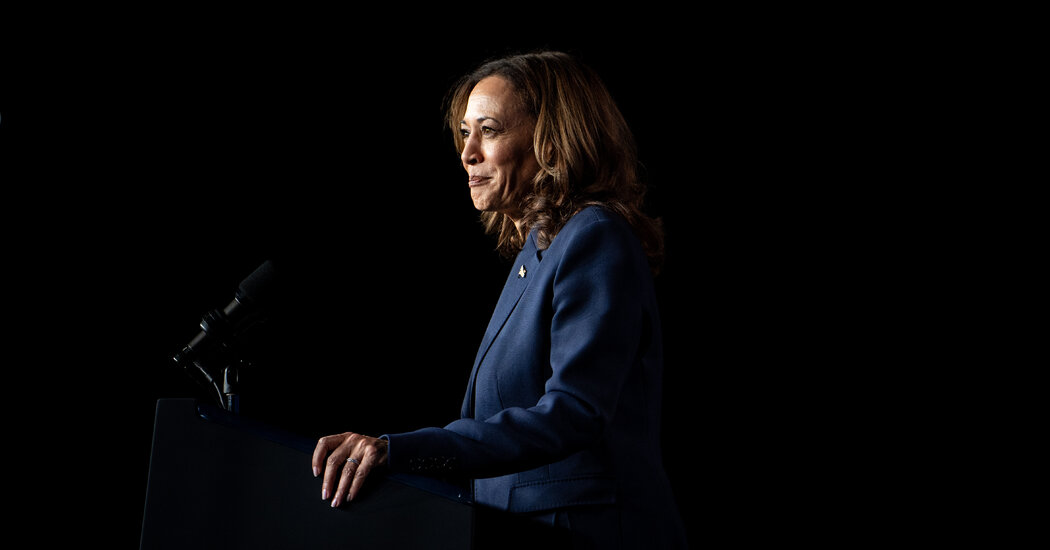Possible contenders to join the Harris ticket include three governors, a senator concerned by extreme heat and drought, and the current Transportation Secretary.
Vice President Kamala Harris, now the presumptive Democratic nominee for president, has a long history as a climate-minded politician. As California’s attorney general, she prosecuted polluters, and as a U.S. senator she cosponsored the Green New Deal, a resolution that called on the nation to pivot away from fossil fuels but that never passed the Congress. During her time as vice president, she helped broker the largest climate deal in U.S. history, the $370 billion Inflation Reduction Act of 2022.
Now, the choice of running mate could help bolster her climate and energy agenda, or moderate her stance for voters in swing states. A rally is scheduled for Tuesday in Philadelphia and Ms. Harris is expected to appear with her chosen running mate.
So, where do some of the top contenders stand on climate policies?
Josh Shapiro, Governor of Pennsylvania
Last week, Gov. Josh Shapiro secured the second largest federal grant in Pennsylvania history, almost $400 million, to create 6,000 jobs and cut industrial pollution in President Biden’s home state. The funds highlight Governor Shapiro’s approach to addressing climate change in the region: use the crisis as an opportunity to employ workers, revitalize the economy and lower electric bills through the state’s version of a cap-and-trade policy.
As a candidate, he set goals to generate 30 percent of the state’s energy from renewables by 2030, a nearly 10-fold increase, and to stop adding carbon dioxide to the atmosphere by 2050.
But Pennsylvania is also the land of natural gas, and the governor has waffled when it comes to fracking, or hydraulic fracturing, a drilling technique that injects water and chemicals underground at high pressure to extract oil or gas that is otherwise difficult to access. Environmentalists say it pollutes the air and groundwater.
In 2020, as the state’s attorney general, Governor Shapiro concluded a two-year investigation into the dangers of fracking. But he’s also angered environmentalists as governor by partnering with a natural gas company on a new program that requires drilling companies to disclose the chemicals they use, but allows those companies to continue fracking.
